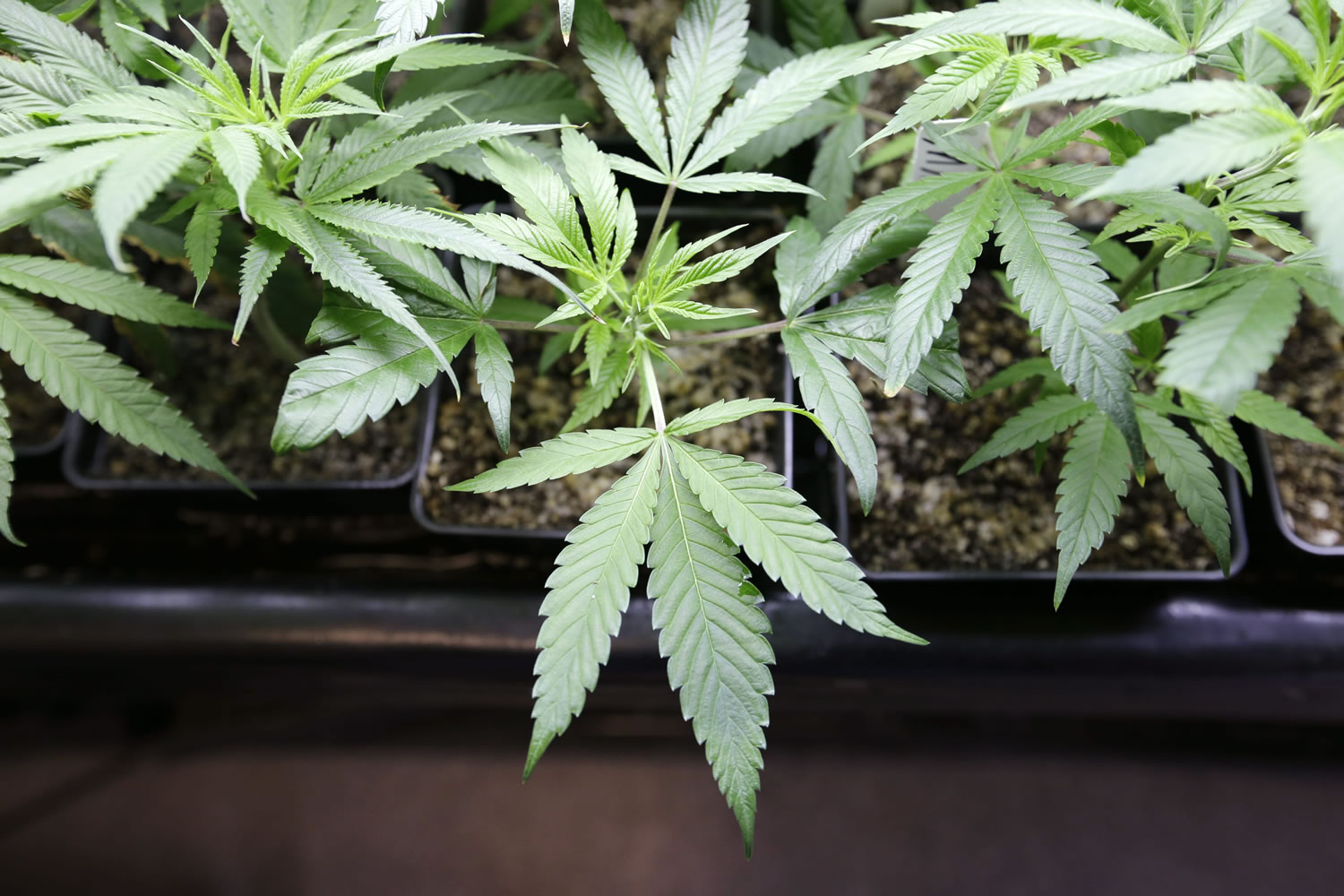Last legislative session, the problems swirling around the state’s experiment with legal marijuana were hypothetical.
Licenses hadn’t been awarded; pot shops had yet to open.
“But now, the problem is upon us,” said Rep. Chris Hurst, D-Enumclaw, who as chair of the House Government Oversight and Accountability Committee, will likely be charged with overseeing any changes to the state’s marijuana laws.
On Friday, a judge ruled a small city outside of Tacoma could ban state-licensed pot shops within its borders. The case focused on the city of Fife, but the implications are expected to be far-reaching. Several cities across the state have issued bans or moratoriums. Washougal has a two-year ban on pot shops lasting through Sept. 1, 2016.
Now it’s looking likely it could fall to lawmakers to consider whether cities and towns can ban pot shops.
Rep. Sharon Wylie, D-Vancouver, who serves as vice chair of the government oversight committee, said lawmakers do not like the idea of trumping local control. But she’s “willing to consider pre-emption if we share revenue (from marijuana) with the cities.”
Currently any tax revenue from growth, processing or retail from recreational marijuana goes into the state’s coffers.
Hurst said he’s hopeful the Supreme Court will rule on the issue before the session starts.
If the court rules that Initiative 502, which legalized recreational use of marijuana, prohibits bans by municipalities, “that’s the end of it, which is I think how they will rule,” Hurst said.
Hurst, a former police officer, said cities trying to ban marijuana are doing themselves a disservice.
“They aren’t slowing marijuana sales … They are keeping it in the hand of criminals,” he said.
Rep. Brandon Vick, R-Vancouver, who also sits with Hurst and Wylie on the committee, said he argued in favor of local control in the 2014 session.
In 2015, he expects the issue to surface again, and continues to believe “elected officials at the local level know best how to organize and plan their communities.”
Some local officials fear marijuana shops will tap limited law enforcement and health care services, Vick wrote in an email.
“Any legislation would have to contain a revenue-sharing component with local governments to gain my support,” he wrote. “This revenue would have to come from within the tax structure that is currently in place.”
In the upper chamber, Sen. Ann Rivers, R-La Center, said she hopes the Legislature doesn’t wait for the courts to decide.
“To wait for them feels a lot like punting and the people didn’t send us to Olympia to punt, so I think we’ll be addressing it,” she said.
She agreed that figuring out how to share revenue with the cities will be crucial.
And “once they see they aren’t going it alone in terms of law enforcement,” a lot of the issues will be moot, she said.




